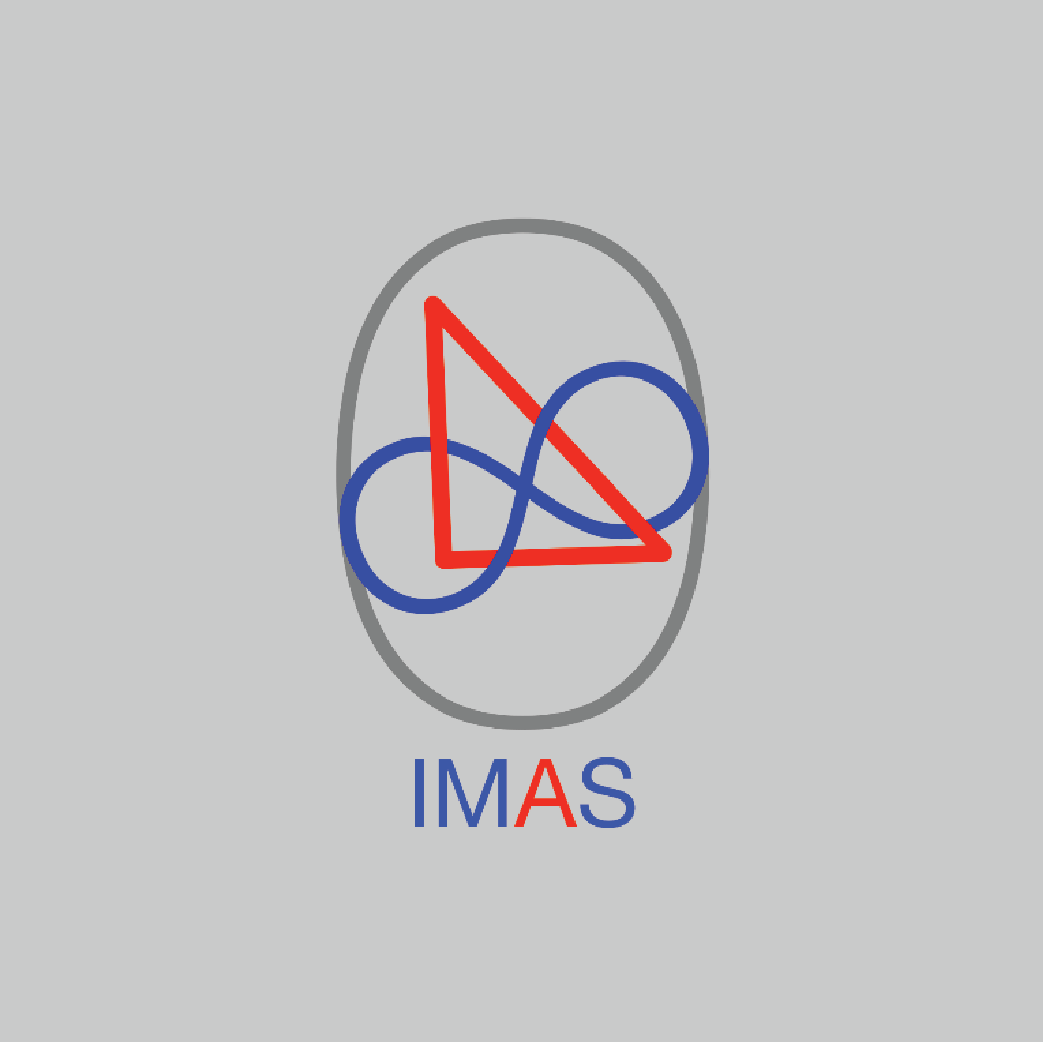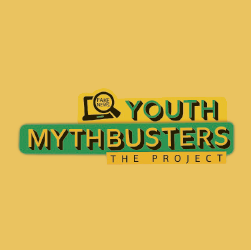The project applied a youth-led methodology involving 75 young researchers throughout the project and partnership. The project was broken down into four scientific blocks. The first block involved secondary research as well as primary fieldwork with 133 participants. The second block carried out fieldwork with 380 participants. The third scientific block involved a total of 478 young people, 354 profession- als and 195 policy makers. Finally, the fourth block involved 1408 young participants and 517 professionals.
In total, YEIP directly engaged with and spoke to 3540 individuals from as young as 16 years old to 78. Arguably, this is one of the largest scientific studies on violent youth radicalisation in Europe.
Over three years, the Erasmus+ funded project coordinated by the IARS International Institute under the lead- ership of Professor Theo Gavrielides trained local teams of young people who conducted original fieldwork in schools, youth prisons, universities, migrant centres and online. 18 partners were involved including public authorities such as the Home Office, the Romanian Ministry of Education and Regione Ligura.
Professor Theo Gavrielides, YEIP Scientific Coordinator said: “After a lot of hard work, we are proud to release the ground-breaking findings of our youth-led project, aiming to change not only policies at national and EU levels, but also the way we view violent youth radicalisation and young people more generally. Repeat- ing what has proved to be a failed philosophy and practice is madness. YEIP provides a solid scientific basis to restructure our strategies for a more equal and safer Europe”.
The findings are published as part of a book, which can be downloaded free from https://yeip.org/down-load/1819/
The project investigated the attitudes and knowledge of young Europeans, youth workers and other practi- tioners, while testing innovative tools for addressing the phenomenon through positive psychology and the application of the Good Lives Model.
The new evidence in the discourse of violent youth radicalisation show a link between marginalisation and the underlying pull and push factors that lead to extreme ideologies. Although there are differences in forms that the phenomenon takes in the project countries and across Europe, there is a common thread characterising the paths to violent youth radicalisation. The project argues that if this thread is addressed at an EU policy level, then Europe stands a better chance in addressing the rising nationalism and extremism. This thread is very much attached to how young people at risk of violent radicalisation are “managed” by the existing justice system as “risks”. This creates further alienation and division, while recidivism rates continue to spiral.
YEIP will launch its final findings on the 29th January 2020 at an international conference at the University of East London (UEL). Registration is now open with keynote speakers including the European Commission, public authorities from the participating countries as well as Neil Coyle MP, Shadow Home Secretary Diane Abbott and prominent academics.
Professor Aneta Tunariu, Dean of School of Psychology at the University of East London, said: “The Youth Em-powerment and Innovation Project (YEIP) represents a remarkable milestone in our collective understanding and approach to tackling the psycho-social conditions that overshadow and silence life-hope and its primordi-al place for human flourishing, fuelling marginalisation, misunderstandings, injustice and ultimately anger and division. At the heart of YEIP’s accomplishment is the integration of youth-led action across science, theory development, solution finding and policy innovation. The University of East London is pleased to host and participate at the 29th January 2020 event and align its longstanding commitment to inclusive citizenship and knowledge-that-matter by driving evidence-based social justice interventions for and with our communities, within and beyond our campus gates”.
The Italian public authority, Liguria Region, said: “We have signed a memorandum of understanding with the Ministry of Welfare and Labour – General Directorate on Immigration and Integration Policies, on the basis of which the Region is committed to transfer and share with the DG the information and the results achieved through this project. The DG is also committed to enhance all the information and the project material through their web portal “Migrant Integration” and to disseminate the results achieved through its institutional net- work.”















